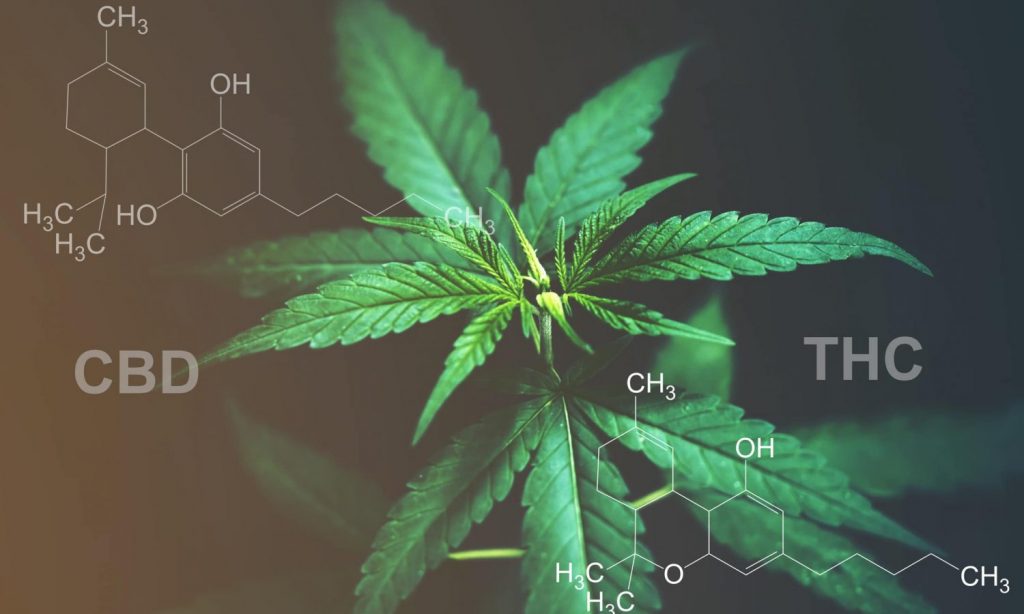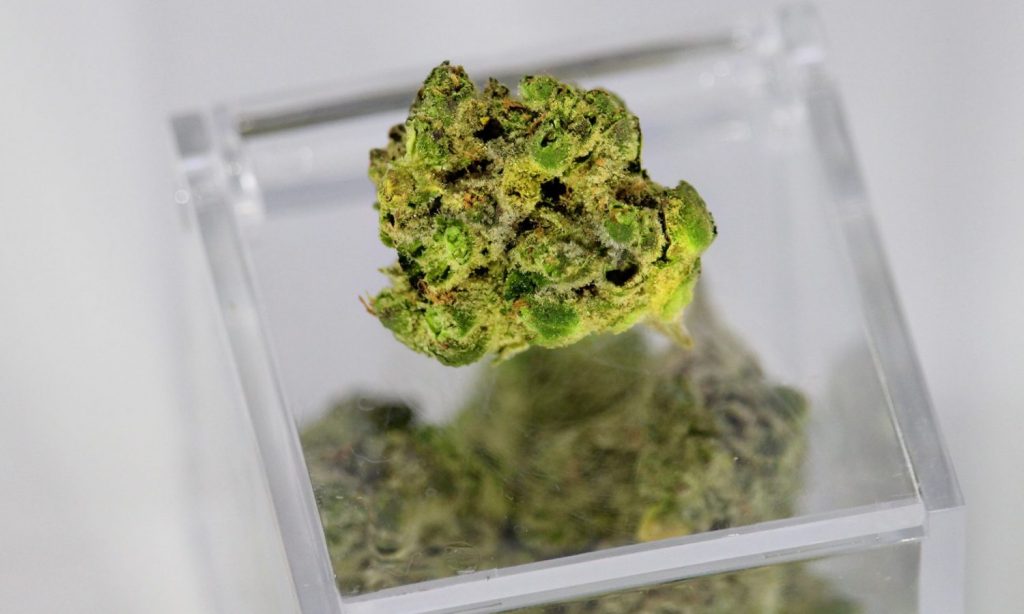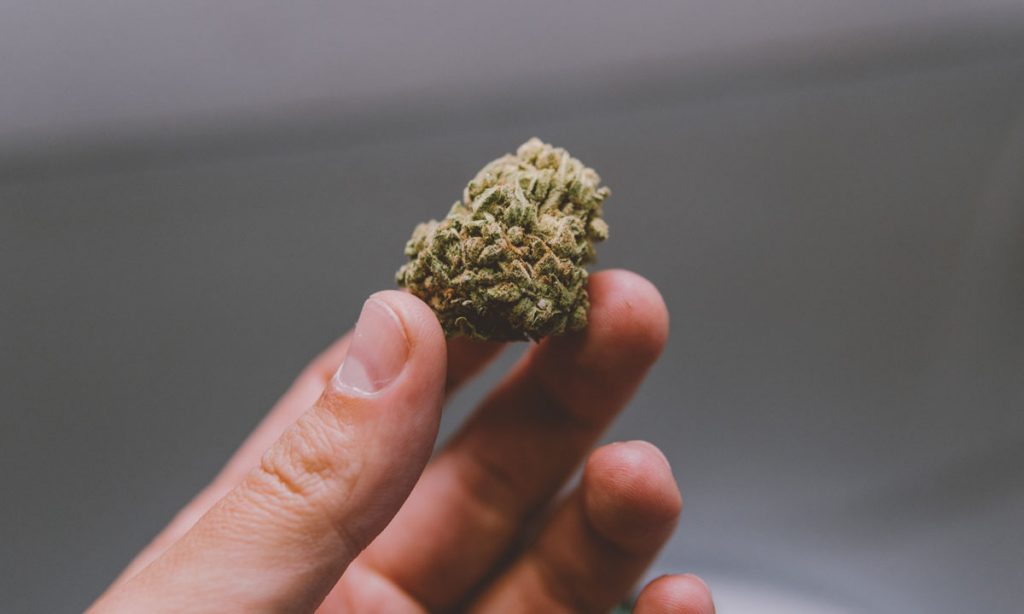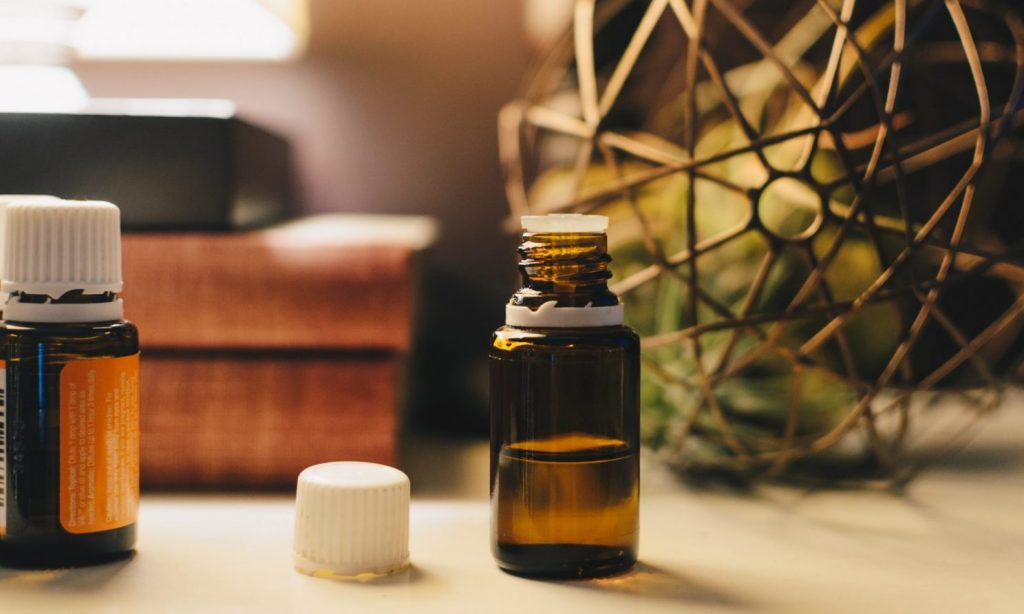Business
Do THC And CBD Offer More Therapeutic Benefits When Combined?

One of the most striking things about the entourage effect is that it reinforces the idea that cannabis has a lot of potential.
The term “entourage effect” is commonly used in cannabis news articles, and it doesn’t mean a group of people who love weed or those who are cannabis enthusiasts. The term is used to describe the synergy between the combination of different chemical combinations in cannabis.
The entourage effect is about the interaction between THC/CBD as well as other terpenes and cannabinoids.
The basic terms
Cannabinoids
Cannabinoids interact with the body’s endocannabinoid system (ECS): a system made up of chemical parts called endocannabinoid and receptors in the body. These endocannabinoids and receptors aid with regulating the different body functions that include appetite, sleep, and pain.
THC is intoxicating. This is the cannabinoid that causes a ‘high” that many users feel after ingesting or inhaling cannabis. But CBD is not intoxicating, which explains why it is gaining a lot of popularity in the medical world. Many patients want to use cannabis for medicinal purposes but don’t want to feel high.

Now the question is: do THC and CBD offer a more extensive range of therapeutic applications? In some cases, they work well together, and you are about to discover why as this is the core of the entourage effect.
Terpenes
One of the things cannabis enthusiasts find exciting with weed is how flavorful it is; the aroma that hits your face and warms you up when you open a cannabis container is just blissful. Do you know what is responsible for the fragrance? Its terpenes!! Good old terpenes.
Terpenes are the aromatic, flavorful compounds found in cannabis and other plants and spices, fruits, and herbs. From a hint of pepper to lavender and even pine terpenes offer a burst of flavors and aromas like no other compound will do.

In cannabis plants, terpenes grow inside the resinous glands of the plant (this is called trichomes). The terpenes use their scents to protect the cannabis plant from predators, as most plant cannabis cannot handle the scent and flavor from the plant.
Terpenes also embody therapeutic properties, which explains why users feel a sense of calm and almost sleepy after taking a cannabis shot. An excellent example of this is the pinene terpenes found in pine trees: it reduces inflammation. The linalool terpenes found in lavender also provide anti-anxiety effects, and these are just examples of the therapeutic value of terpenes.
How the entourage effect works
We know that terpenes and cannabinoids offer particular effects on the human body, but what happens when you mix different cannabinoids or combine terpenes and cannabinoids?
As easy as the question sounds, the answer is not so easy, which means combining CBD and THC doesn’t mix the effects of both compounds. Instead, CBD and THC can interact with each other and other cannabinoids and terpenes to produce a synergy called the entourage effect.
Some people wonder which mixture of terpenes and cannabinoids is best for treating some health conditions. Cannabis had a much slower start because of many years of the stigma it received from societies, which led to prohibitions. These years of stigma delayed the research into the entourage effects.
Therefore, not much is known about cannabinoids and terpenes that will be a good pair and produce excellent results. Recently, some groundbreaking studies provide insight into how the entourage affects both cannabinoids and terpenes. We will consider both chemicals separately.
Entourage effects with terpenes
Dr. Ethan Russo presented a seminal research paper titled Taming THC: Potential cannabis synergy and phytocannabinoid-terpenoid entourage effects.
His paper is critical in understanding the entourage effect, and the summaries from his studies showed the therapeutic effects of cannabinoids and terpenes.

Every terpene is distinct with its chemical composition, with every one of them offering something different. Some cannabis strains also contain various terpenes, making it complicated to know which cannabinoid-terpenes mix will elicit an entourage effect.
For instance, Dr. Russo also argues that the data shows that myrcene is the main sedative terpenoid in cannabis and, when combined with THC, will produce a form of the entourage effect. So if THC, when mixed with myrcene, has some potential for an entourage effect, one can only wonder what other kinds of combinations are possible.
Entourage effects with cannabis
A study into the effectiveness of THC on how it reduces cancer-related pain versus when CBD and THC are combined discovered something interesting. The results show that THC and CBD combination displayed good effectiveness, unlike THC used in isolation.
The results are exciting and promising because they provide additional evidence of how the entourage effect can combine different cannabinoids.
Aside from amplifying the analgesic properties in THC, CBD also produces another very fun cannabinoid entourage effect. The results are shown through how it reduces the psychoactive effects of THC.
The process for how it works is also complex because CBD interacts indirectly with your body’s CB1 receptors in a way that also affects THC’s ability to bind with receptors.

It is also important to remember some examples of the entourage effect when cannabinoid is combined. But most cannabis strains that are selectively bred are made to optimize THC and CBD content. So very little is known about the other cannabinoid (there are more than 118 cannabinoids). Which means there are much more potentials for the study of cannabinoid and terpenes if research continues on a large scale.
Bottom line
One of the most striking things about the entourage effect is that it reinforces the idea that cannabis has a lot of potential. In the future, and as we learn more about the cannabis plant, we will know if it provides additional and impressive benefits for users.
We have discovered the value of CBD and THC separately, but now the world is eager to know, “How much more is there to discover with a combination of CBD and THC?” The question will hopefully drive the extent of future research and test trials that will boost the positive impact of the entourage effect.
People want more and it is evident with the enormous amount of interest vested in cannabis.
Source: https://thefreshtoast.com/cannabis/cannabis-entourage-effect-fact-or-fiction/
Business
New Mexico cannabis operator fined, loses license for alleged BioTrack fraud

New Mexico regulators fined a cannabis operator nearly $300,000 and revoked its license after the company allegedly created fake reports in the state’s traceability software.
The New Mexico Cannabis Control Division (CCD) accused marijuana manufacturer and retailer Golden Roots of 11 violations, according to Albuquerque Business First.
Golden Roots operates the The Cannabis Revolution Dispensary.
The majority of the violations are related to the Albuquerque company’s improper use of BioTrack, which has been New Mexico’s track-and-trace vendor since 2015.
The CCD alleges Golden Roots reported marijuana production only two months after it had received its vertically integrated license, according to Albuquerque Business First.
Because cannabis takes longer than two months to be cultivated, the CCD was suspicious of the report.
After inspecting the company’s premises, the CCD alleged Golden Roots reported cultivation, transportation and sales in BioTrack but wasn’t able to provide officers who inspected the site evidence that the operator was cultivating cannabis.
In April, the CCD revoked Golden Roots’ license and issued a $10,000 fine, according to the news outlet.
The company requested a hearing, which the regulator scheduled for Sept. 1.
At the hearing, the CCD testified that the company’s dried-cannabis weights in BioTrack were suspicious because they didn’t seem to accurately reflect how much weight marijuana loses as it dries.
Company employees also poorly accounted for why they were making adjustments in the system of up to 24 pounds of cannabis, making comments such as “bad” or “mistake” in the software, Albuquerque Business First reported.
Golden Roots was fined $298,972.05 – the amount regulators allege the company made selling products that weren’t properly accounted for in BioTrack.
The CCD has been cracking down on cannabis operators accused of selling products procured from out-of-state or not grown legally:
- Regulators alleged in August that Albuquerque dispensary Sawmill Sweet Leaf sold out-of-state products and didn’t have a license for extraction.
- Paradise Exotics Distro lost its license in July after regulators alleged the company sold products made in California.
Golden Roots was the first alleged rulebreaker in New Mexico to be asked to pay a large fine.
Source: https://mjbizdaily.com/new-mexico-cannabis-operator-fined-loses-license-for-alleged-biotrack-fraud/
Business
Marijuana companies suing US attorney general in federal prohibition challenge

Four marijuana companies, including a multistate operator, have filed a lawsuit against U.S. Attorney General Merrick Garland in which they allege the federal MJ prohibition under the Controlled Substances Act is no longer constitutional.
According to the complaint, filed Thursday in U.S. District Court in Massachusetts, retailer Canna Provisions, Treevit delivery service CEO Gyasi Sellers, cultivator Wiseacre Farm and MSO Verano Holdings Corp. are all harmed by “the federal government’s unconstitutional ban on cultivating, manufacturing, distributing, or possessing intrastate marijuana.”
Verano is headquartered in Chicago but has operations in Massachusetts; the other three operators are based in Massachusetts.
The lawsuit seeks a ruling that the “Controlled Substances Act is unconstitutional as applied to the intrastate cultivation, manufacture, possession, and distribution of marijuana pursuant to state law.”
The companies want the case to go before the U.S. Supreme Court.
They hired prominent law firm Boies Schiller Flexner to represent them.
The New York-based firm’s principal is David Boies, whose former clients include Microsoft, former presidential candidate Al Gore and Elizabeth Holmes’ disgraced startup Theranos.
Similar challenges to the federal Controlled Substances Act (CSA) have failed.
One such challenge led to a landmark Supreme Court decision in 2005.
In Gonzalez vs. Raich, the highest court in the United States ruled in a 6-3 decision that the commerce clause of the U.S. Constitution gave Congress the power to outlaw marijuana federally, even though state laws allow the cultivation and sale of cannabis.
In the 18 years since that ruling, 23 states and the District of Columbia have legalized adult-use marijuana and the federal government has allowed a multibillion-dollar cannabis industry to thrive.
Since both Congress and the U.S. Department of Justice, currently headed by Garland, have declined to intervene in state-licensed marijuana markets, the key facts that led to the Supreme Court’s 2005 ruling “no longer apply,” Boies said in a statement Thursday.
“The Supreme Court has since made clear that the federal government lacks the authority to regulate purely intrastate commerce,” Boies said.
“Moreover, the facts on which those precedents are based are no longer true.”
Verano President Darren Weiss said in a statement the company is “prepared to bring this case all the way to the Supreme Court in order to align federal law with how Congress has acted for years.”
While the Biden administration’s push to reschedule marijuana would help solve marijuana operators’ federal tax woes, neither rescheduling nor modest Congressional reforms such as the SAFER Banking Act “solve the fundamental issue,” Weiss added.
“The application of the CSA to lawful state-run cannabis business is an unconstitutional overreach on state sovereignty that has led to decades of harm, failed businesses, lost jobs, and unsafe working conditions.”
Business
Alabama to make another attempt Dec. 1 to award medical cannabis licenses

Alabama regulators are targeting Dec. 1 to award the first batch of medical cannabis business licenses after the agency’s first two attempts were scrapped because of scoring errors and litigation.
The first licenses will be awarded to individual cultivators, delivery providers, processors, dispensaries and state testing labs, according to the Alabama Medical Cannabis Commission (AMCC).
Then, on Dec. 12, the AMCC will award licenses for vertically integrated operations, a designation set primarily for multistate operators.
Licenses are expected to be handed out 28 days after they have been awarded, so MMJ production could begin in early January, according to the Alabama Daily News.
That means MMJ products could be available for patients around early March, an AMCC spokesperson told the media outlet.
Regulators initially awarded 21 business licenses in June, only to void them after applicants alleged inconsistencies with how the applications were scored.
Then, in August, the state awarded 24 different licenses – 19 went to June recipients – only to reverse themselves again and scratch those licenses after spurned applicants filed lawsuits.
A state judge dismissed a lawsuit filed by Chicago-based MSO Verano Holdings Corp., but another lawsuit is pending.
Source: https://mjbizdaily.com/alabama-plans-to-award-medical-cannabis-licenses-dec-1/
-

 Business2 years ago
Business2 years agoPot Odor Does Not Justify Probable Cause for Vehicle Searches, Minnesota Court Affirms
-

 Business2 years ago
Business2 years agoNew Mexico cannabis operator fined, loses license for alleged BioTrack fraud
-

 Business2 years ago
Business2 years agoAlabama to make another attempt Dec. 1 to award medical cannabis licenses
-

 Business2 years ago
Business2 years agoWashington State Pays Out $9.4 Million in Refunds Relating to Drug Convictions
-

 Business2 years ago
Business2 years agoMarijuana companies suing US attorney general in federal prohibition challenge
-

 Business2 years ago
Business2 years agoLegal Marijuana Handed A Nothing Burger From NY State
-

 Business2 years ago
Business2 years agoCan Cannabis Help Seasonal Depression
-

 Blogs2 years ago
Blogs2 years agoCannabis Art Is Flourishing On Etsy













